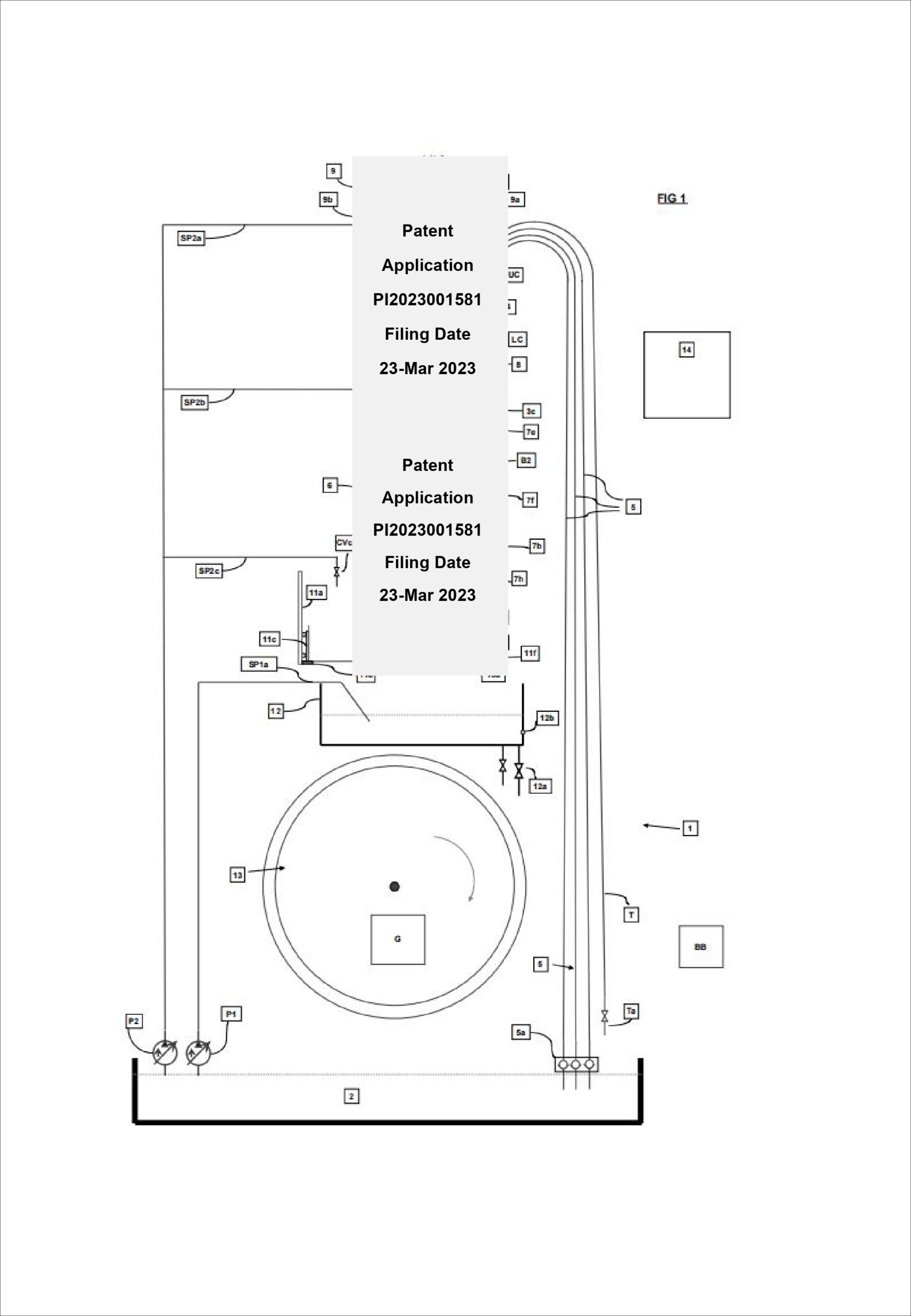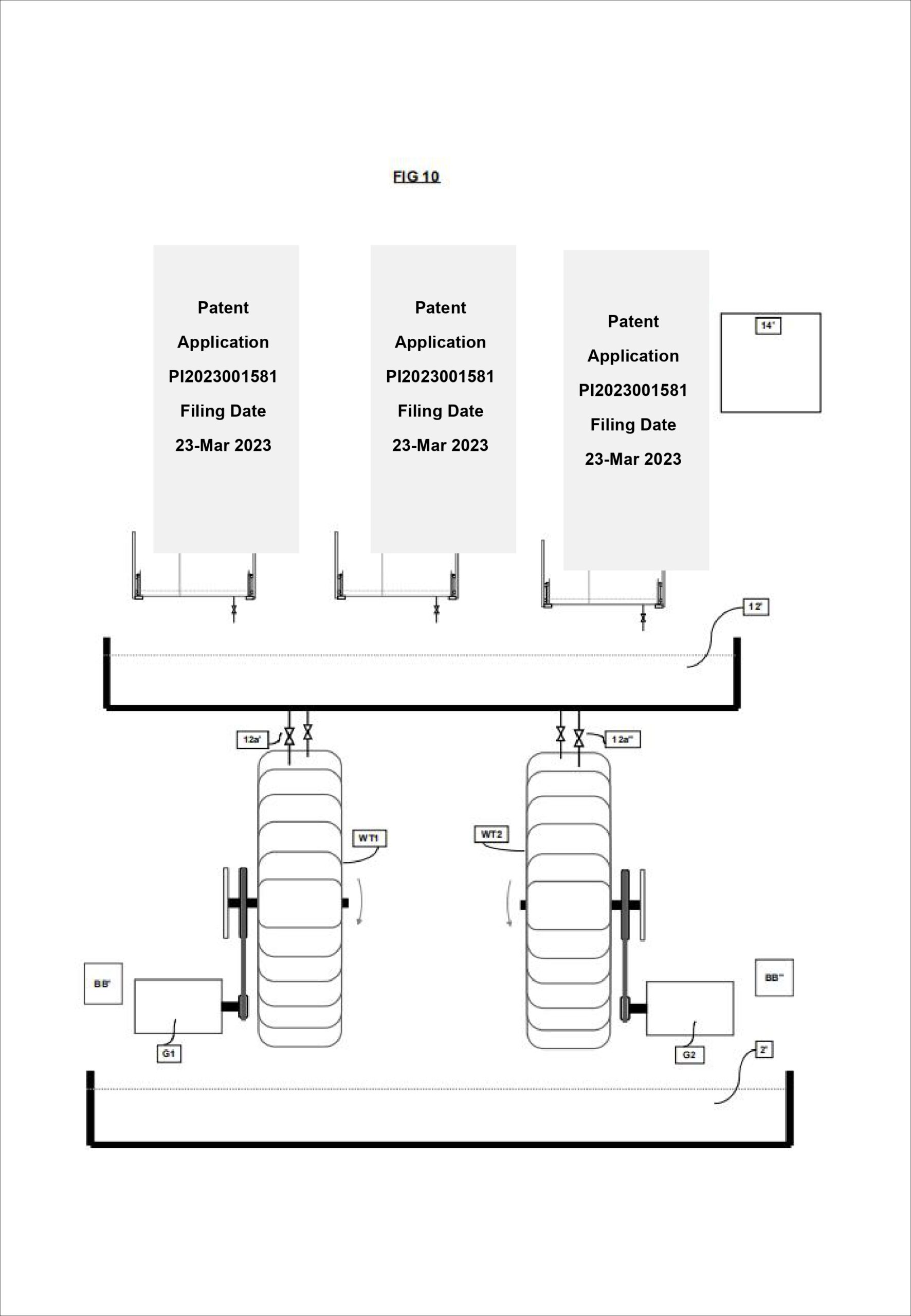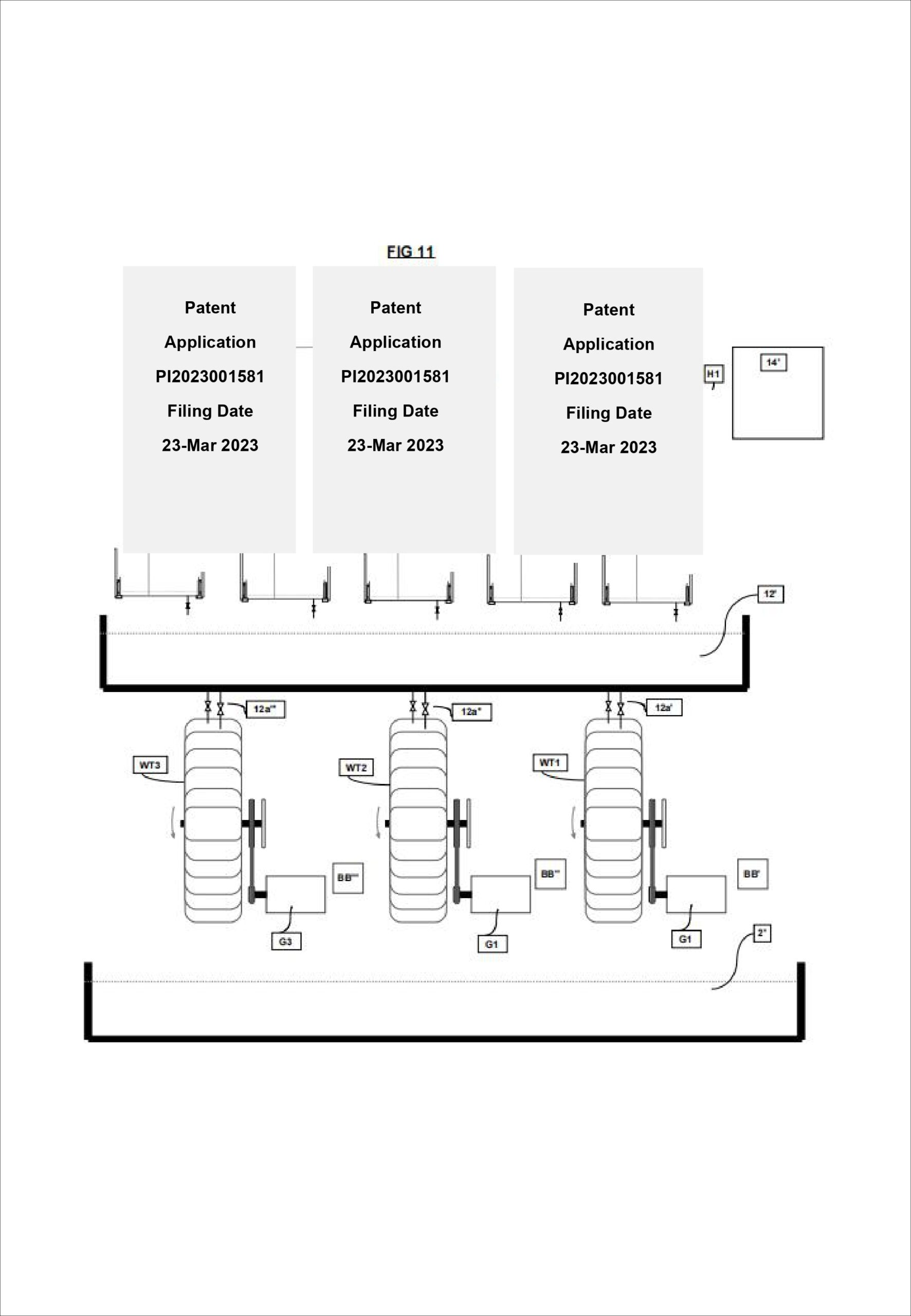Problems
Current Issues
The pressing challenges faced in the realm of electricity supply include an inadequate power grid to meet the soaring demand, pollutive consequences of fossil fuel power generation, and the substantial investment needed for conventional power plants. To address these problems, there is a critical need for the implementation of renewable and sustainable energy solutions.
However, mostly used renewable energy: Solar, Wind, Hydro have lots of limitations
Solar
- Limited Sun-hour per day
- High investment and set up cost
- Return of Investment: 5-10 years
Wind
- Wind is not available all the time
- High investment and set up cost
- Return of Investment: > 10 years
Hydro
- Limited to Geographical location
- High investment and set up cost
- Return of Investment: > 10 years
Core Product
Self-Adaptive, Self-Regulating Electricity Generator Powered by Sophisticated AI and IoT Technology
Low Set-Up Cost
All Day Power Generation 24/7
(Not limited to weather condition)
Easy Implementation
(Not limited to geographical location)
Scalable
(Small scale to large scale)
High efficiency
Leverage on latest technology
(IoT monitoring, AI algorithm, low RPM generator etc.)
Mechanism
How It Works?
SAPG’s self-adaptive hydropower electricity generation system is modelled on traditional hydropower plants that convert the gravitational potential energy of flowing water into kinetic energy and in turn electrical energy; however, the system differs in that it does not need to be located near a river (or indeed, any body of water) and consists of prefabricated modules that can be installed with minimal earthwork, greatly expediting the site selection and construction process. The design of the system prototype is shown below, along with a list of specifications and a brief explanation of how electricity is produced:
Investment Opportunity
Initial Set-Up Area
Malaysia
Borneo
Papua New Guinea
(84% of population have no electricity supply)
Solomon island
(82% of population have no electricity supply)
Madagascar
(75% of population have no electricity supply)




